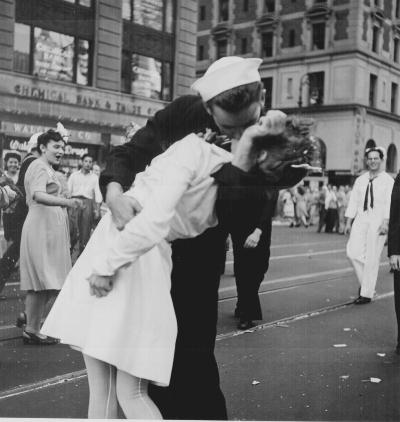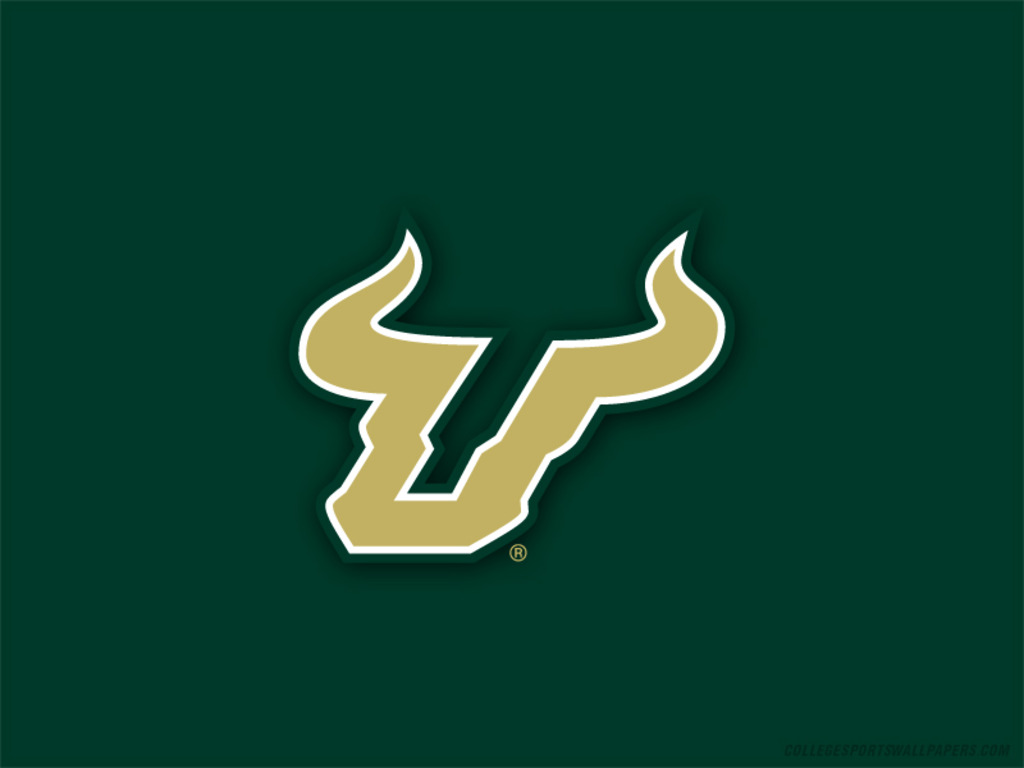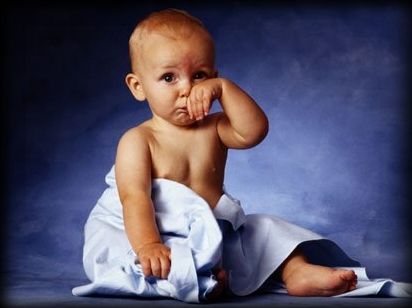
Aug 14, 1945 - Japanese agree to unconditional surrender.
*****
PROVIDENCE, R.I. - Church bells rang. Whistles at fire stations and mill factories sounded. People poured into the streets, waving flags and honking car horns.
It was Aug. 14, 1945 — the day Americans learned that Japan had surrendered, ending the costliest conflict in human history.
"It was pandemonium with happiness," remembered John Lucas, a World War II veteran and executive secretary of the Pawtucket Veterans Council.
On Monday, Rhode Island will once again observe the end of World War II, the only state still celebrating Victory Day, commonly referred to as Victory over Japan Day, or V-J Day.
Critics say it's discriminatory, and would like to eliminate the holiday or at least remove its reference to Japan.
They point out that Rhode Islanders do not celebrate the U.S. victory over Germany, which was defeated three months earlier.
"This is a stigma against the Japanese whom we do business with and are allies," said George Lima, a former state representative who worked on a failed attempt to eliminate the holiday in the 1980s.
Veterans groups remain committed to the holiday, celebrated on the second Monday of August.
"This is the way the veterans feel about it in Rhode Island," said George Panichas, a former legislator who was a gunner on a B-17 bomber during World War II. "They fought against the Japanese, and they just don't forget it."
There have been several attempts to change the holiday's name, but each time lawmakers met overwhelming opposition, said state Sen. Rhoda Perry. She introduced bills in 1992, 1994 and 1995 to change the holiday to Rhode Island Veterans Day. A second 1995 bill would have changed it to Peace and Remembrance Day.
Perry said she received "vitriolic" mail from veterans.
"It was absolutely a no-winner," Perry said. "I did not have support, period."
However, the General Assembly passed a 1990 resolution stating that Victory Day is not a day to express satisfaction in the destruction and death caused by nuclear bombs at Hiroshima and Nagasaki.
People need the holiday to remember the sacrifices veterans made during the war, said James Brennan, a survivor of the 1942 Bataan Death March in which Japanese soldiers tortured and killed thousands of American and Filipino prisoners.
However, Brennan said he does not harbor ill feelings toward the Japanese and does not believe the holiday incites racism or hatred.
"July 4 is our national holiday because we defeated England. Do we hate the English? No," he said. "It's the same with V-J Day. We are the ones who won the war."
****
Japan was the last Axis power to fall, and when news of its surrender broke on Aug. 14, 1945 (U.S. time), the euphoria was felt worldwide.
***
I think it's a shame that all other US states have chosen to forget this significant date in our history.
*******
http://news.yahoo.com/s/ap/20060813/ap_ ... tory_day_1
http://www.zwire.com/site/tab2.cfm?news ... 6066&rfi=6








